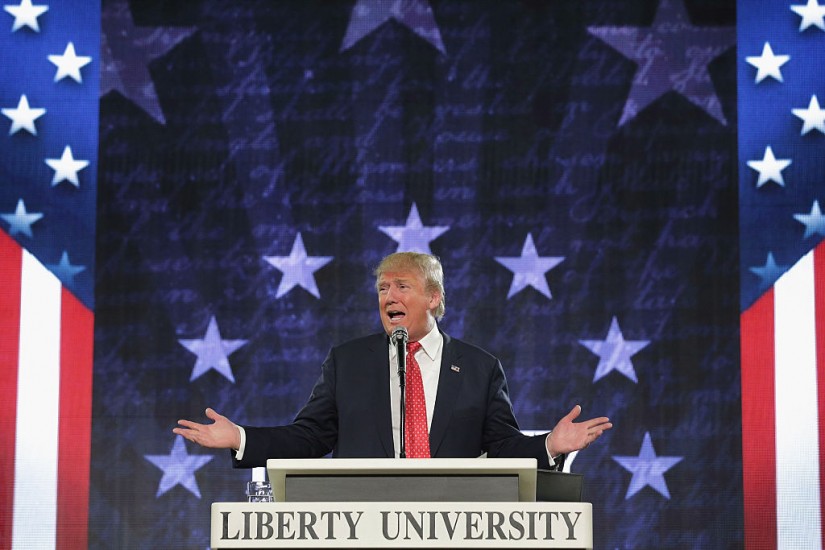Before the 2016 election, I was comfortable with using the term “evangelical” for people like me, in spite of the problems with it. Now I am not so sure. The reason is that, whatever its historic value, the word “evangelical” in America has become inextricably tied to Republican politics. This is because the dominant media is far more interested in the political expressions of religion than in religion itself.
But it is also because strong majorities of white evangelicals support Republican candidates, including Donald Trump. Because it has become inextricably politicized, “evangelical” has become an essentially divisive term among Bible-believing Christians, as many African Americans, Hispanics, and others cannot identify with the political ramifications of being an “evangelical,” especially after the election of President Trump...
In a previous post at this blog, I addressed how politics and polled killed the term “evangelical”:
In American pop culture parlance, “evangelical” now basically means whites who consider themselves religious and who vote Republican.
George Whitefield and Jonathan Edwards would be utterly perplexed by this development. These early evangelicals were fighting specifically against cultural Christianity, which was politicized in state churches. In their day, if you lived in Britain or its colonies, and had been baptized as an infant, you were regarded as a Christian. No questions asked.
Swimming against the stream of culture, the evangelicals of the Great Awakening preached against nominalism and national faith, declaring that you must be born again. The born-again believer would find a radically different, kingdom-minded way of life in the community of the redeemed.
Much has changed since the 1700s, and the change seems to have accelerated since the 1980s. I would point to three key factors in the corruption of the term “evangelical.”
1. The success of the evangelical movement itself. From its origins on the fringe of Anglo-American Christianity, evangelicalism in the 1800s turned into the de facto established religion of many parts of the South and Midwest. By the mid-20th century, many Americans could grow up imagining that they were “evangelicals” because that term seemed, in some quarters, equivalent to Protestant “Christian” or even “American.” You were now born an evangelical, not born again as one.
2. The political alignments of the 1970s and 1980s. In those decades, evangelicals began gravitating away from candidates with personal evangelical backgrounds, like George McGovern and Jimmy Carter, to those like Nixon who defended the “Silent Majority.” This tendency culminated in the election of Ronald Reagan in 1980, who knew many evangelicals but who was not one himself. Reagan mastered the art of talking like evangelicals and promising progress on issues like school prayer and abortion. But when he got in office, actual progress on those issues was fairly meager, with notable exceptions such as the appointment of Antonin Scalia to the Supreme Court in 1986.
